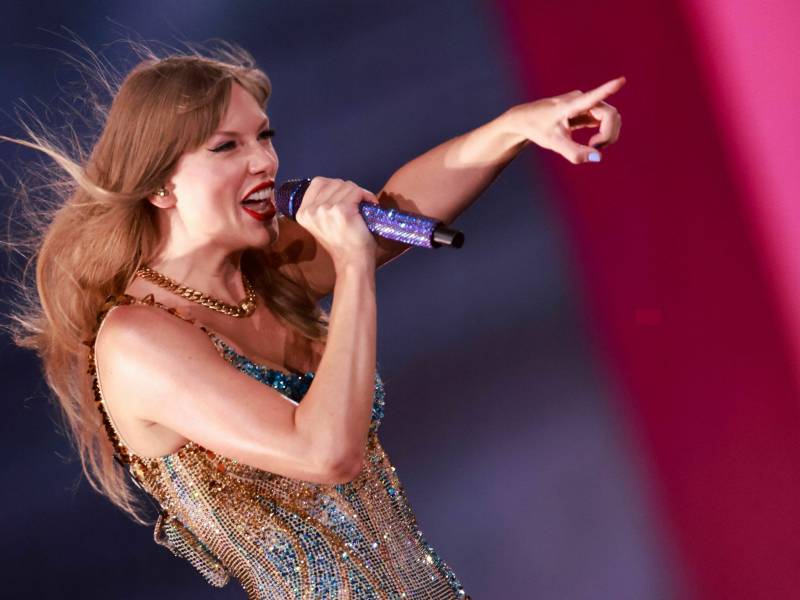Compensation is the big sticking point here, says Cirisano. “I would also point out that this is probably going to do more for Universal Music Group as a company than it is for any of their individual artists and songwriters,” she says.
In a statement on social media, TikTok accused UMG of promoting “false narratives and rhetoric” and of putting “greed above the interests of their artist and songwriter.”
“TikTok has been able to reach ‘artist-first’ agreements with every other label and publisher,” it says. “Clearly, Universal’s self-serving actions are not in the best interests of artists, songwriters and fans.”
Cirisano says the idea of TikTok building what UMG calls a “music-based business” has some merit. TikTok used to be just a place where artists could get exposure and market their music, she says. But the platform and its users are evolving.
“It’s becoming sort of a form of music consumption in its own right,” she says. “This is a space where especially young people are going on and listening to music … as they’re consuming. It’s a completely different experience than, say, adding a song to your Instagram story or things that were happening in the past.”

9(MDAxOTAwOTE4MDEyMTkxMDAzNjczZDljZA004))

